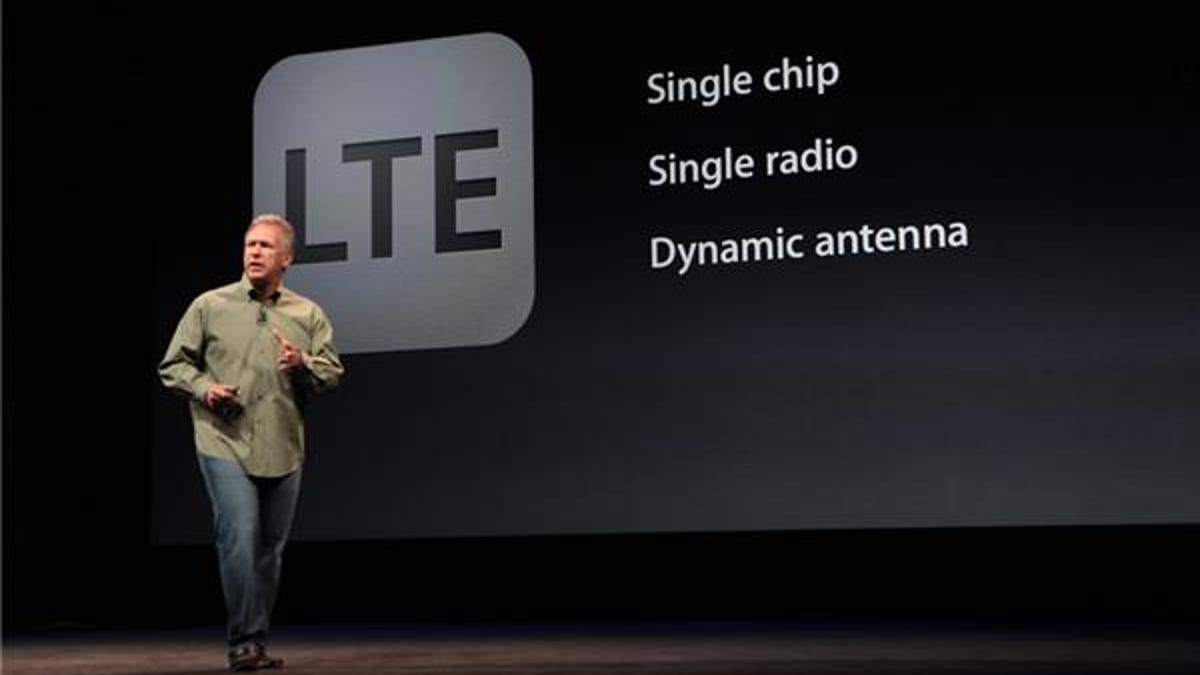iPhone 5 gets 4G LTE when Apple says so, not carriers
A report says a software update to enable LTE on the iPhone is pushed only when Apple has determined that a network meets its approval.

Apple will be the judge of whether a network's 4G LTE offering is worthy of supporting the iPhone 5, not the other way around.
That's the apparent revelation in a report today from industry site Telecoms.com. A spokesperson from Swisscom confirmed Apple's 4G approval protocol to the site this week, claiming that "Apple only enables 4G access after testing their device on an operator's live network."
In other words, Apple has managed to put 4G behind its fabled walled garden in a way, wrestling a significant measure of control away from the network carriers. Once Apple has determined that a 4G network has met its internal performance standards, it pushes out a software update enabling the step-up from 3G (or -- gulp -- something else) to LTE on that network.
Typically, carriers have held the keys to their networks over the heads of equipment makers to keep junky devices from mucking things up on their digital highways, not the other way around.
It's hard to imagine many situations where users would be better off on an old 3G network than even mediocre LTE. Perhaps Apple is still smarting from the legacy of the early iPhone era when sometimes shoddy service at the hands of AT&T's network led some iPhone users to jump ship for an Android phone on Verizon (back in the days before Big Red snagged the iPhone).
So what's next? Will Apple require customers to undergo a user education course before allowing them to purchase the iPhone 6? Will the FCC be required to request permission from Apple to regulate it? Sure must be fun to be the most valuable company in the world.
I've reached out to Apple for comment and will update this post when I hear back.

